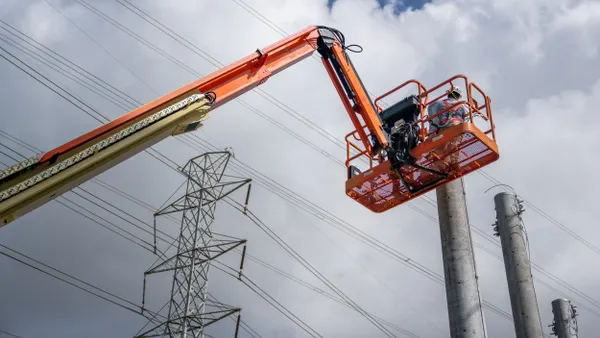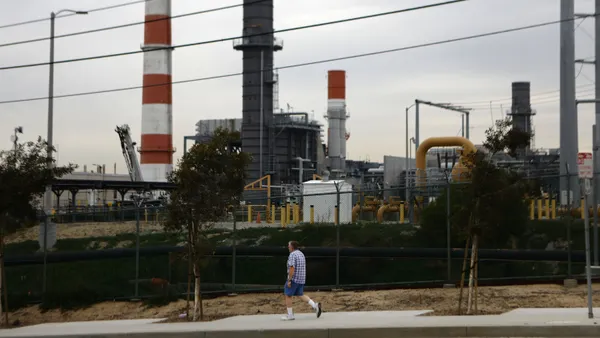The Federal Energy Regulatory Commission on Friday dismissed a complaint alleging Kentucky Power ratepayers were paying for “self-planned” transmission projects built by other American Electric Power utilities that didn’t benefit them.
The mid-March complaint by the Kentucky Public Service Commission and the Kentucky attorney general centered on a transmission agreement between a group of AEP utilities in the PJM Interconnection that spreads the cost of self-planned, or “supplemental,” projects among all the utilities.
Critics contend that supplemental projects — typically local transmission upgrades and rebuilds of aging power lines — receive little oversight from the PJM Interconnection, state regulators or FERC, leading to more expensive, less efficient transmission development.
In its decision, FERC said the Kentucky PSC and attorney general failed to show the cost allocation framework in the AEP agreement was unjust or discriminatory. The commission noted that costs must be allocated to ratepayers in a way that roughly matches their benefits.
The Kentucky complaint pointed to 26 supplemental projects in other states that Kentucky Power ratepayers were paying for that allegedly failed to provide the customers any benefits. However, that limited set of projects doesn’t show that AEP’s overall cost allocation framework is unjust, according to FERC.
“As courts and the Commission have explained previously, it is inappropriate to draw broad conclusions about a mismatch between costs and benefits based on a review of a small selection of transmission projects,” FERC said.
Also, the PSC and attorney general failed to show that a supplemental project only benefits the utility that builds it, according to FERC.
Kentucky Power’s system is part of AEP East’s integrated transmission network, and therefore, FERC said, it is reasonable to conclude the utility’s customers benefit from supplemental projects that become part of that network.
“Accordingly, Kentucky Power’s customers should be allocated a portion of the costs to construct those facilities,” FERC said. “The Commission has long recognized that the transmission network provides benefits to all transmission customers.”
FERC noted that 80% of Kentucky Power’s electricity is supplied by resources outside its service territory.
















